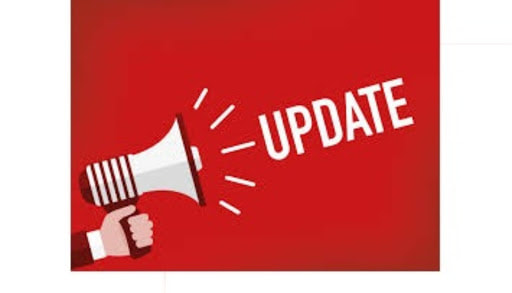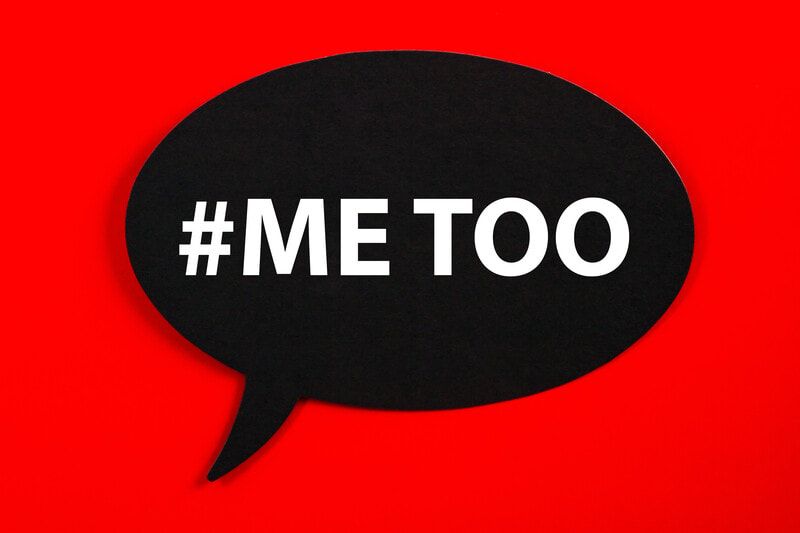|
Beginning July 1, 2022, any Chicago employer who has work locations in Chicago must comply with new sexual harassment prevention training and other requirements.
The Chicago Commission on Human Relations recently amended Chicago’s Human Rights Ordinance. The amended Ordinance enhances sexual harassment protections and requires employers to implement annual training programs for employees located in the City of Chicago. These rules are stricter than Illinois requirements. What does the amended Ordinance entail? Enhanced Definition of “Sexual Harassment” Under the amended Ordinance, “sexual harassment” now explicitly includes “sexual misconduct,” i.e., “any behavior of a sexual nature which also involves coercion, abuse of authority, or misuse of an individual’s employment position.” Covered employers are required to:
Sexual harassment policy. All city of Chicago employers must have a written policy (by July 1, 2022) including:
Poster. Conspicuously display (in English and Spanish), in at least 1 location where employees commonly gather (or online if remote), posters designed by the Chicago Commission on Human Relations (the Commission), which can be found on their website: https://www.chicago.gov/content/dam/city/depts/cchr/supp_info/SexualHarassment/sh-poster/SHPosterBusinesses.pdf Other Changes and Procedures Longer statute of limitations. Employees now have 365 days (not 300) after a violation to file a complaint. Records. Businesses must retain for at least 5 years (or for the duration of any claim, civil action or investigation pending, if longer), records regarding their sexual harassment policy, training, and compliance with the ordinance. Penalties. Fines range from $500 to $1,000 per violation. Every day that a violation continues is considered a separate and distinct offense. Next Steps If you are a covered employer, review/update or creation of a written sexual harassment policy is crucial. Obtain and display the posters by July 1. Next, make arrangements to provide the new training by June 30, 2023 (though the State of Illinois requires Sexual Harassment training each calendar year). The updated training and bystander intervention training will be available through my alliance with EasyLlama by the end of July, 2022. Please contact me for further information about required trainings and to update your policy.
4 Comments
Have you conducted your required (all Illinois employers are obligated to do so) sexual harassment training for 2020 yet? If not, you only have three months left to do so!
The Illinois Human Rights Act was amended last year to require all employers to conduct annual sexual harassment training, beginning in 2020. This training must be complete by December 31, 2020. The IL Dept. of Human Rights (IDHR) has made it clear that the December 31, 2020, deadline has not changed, despite the COVID-19 pandemic. While there are several content requirements, this training can easily be conducted online. Full disclosure – you should be aware that the IDHR has released a model training program that contains the minimum necessary requirements. You can use this program to train your employees. However, R&R Human Resources Solutions is available to assist in the development and implementation of a training program customized to your workplace. We have provided anti-harassment training for many years. New in 2020, we are offering an additional option, we have teamed up with Dr. Lisa Kaplin, Psychologist/Coach to offer a state compliant program that combines what is required under the law along with understanding unconscious bias and providing tools to build and sustain a culturally sensitive work environment. Our program is entitled, "“Building a Sensitive Workplace, Promoting a Culture of Respect”. On April 30, Governor Pritzker issued an Executive Order extending Illinois’s Stay-at-Home mandate until May 30.
Additional guidance continues to be provided on the FFCRA which went into effect on April 1, 2020.
The Department of Labor (DOL) has published (at last count) 59 FAQ’s available here regarding paid sick and family leave requirements under the FFCRA. I have found this source to be extremely helpful in interpreting the new laws. Stay-At-Home Orders: The DOL has confirmed that an employee subject to Stay-At-Home, Shelter-InPlace, or other government quarantine order may not take paid sick leave where the employer does not have work for the employee, or if an employee subject to a quarantine or isolation order is able to telework. Therefore, the employee may not take Emergency Paid Sick Leave, if (a) the employer has work for the employee to perform; (b) the employer permits the employee to perform that work from the location where the employee is being quarantined or isolated; and (c) there are no extenuating circumstances that prevent the employee from performing that work, such as a power outage preventing the employee from teleworking. The regulations are clear that, while using emergency paid sick leave for any qualifying reason, an employer cannot require an employee to use other paid time off benefits at the same time, such as paid vacation or personal leave. Nor can the employer require an employee to use existing paid time off benefits before Emergency Paid Sick Leave. Other information includes:
Small Business Exemption: The FFCRA provides that businesses with fewer than 50 employees may be exempt from the Act's paid sick and family leave requirements if providing such leave will "jeopardize the viability of the business as a going concern" and an authorized officer determines: 1. Such leave would cause the employer’s expenses and financial obligations to exceed available revenue and cause the business to cease operating at a minimal capacity; 2. the absences would—for specified reasons—create a substantial risk to the business’s financial health or operational capabilities; or 3. the employer would not be able to operate at a minimal capacity because it would have insufficient workers to perform the labor or services provided by the absent employees. For the above reasons, the small employer may deny paid sick leave or expanded family and medical leave to an otherwise eligible employee. Employers using this exemption should retain these records for their own files Tax Credits Procedures: Employers will claim the credits on their quarterly federal payroll tax returns, but they can receive immediate reimbursement in anticipation of the credits by reducing their federal payroll tax deposits by the amount of any qualified sick leave or expanded FMLA leave paid to employees. If insufficient federal payroll taxes are withheld to cover the amount of the credits, an eligible employer may request an advance payment of the credits from the IRS by submitting a Form 7200. The IRS expects to begin processing these requests in April 2020. Do you have additional HR questions? Contact me at [email protected] On March 25 (as promised), the Department of Labor (DOL) released the mandatory poster that all employers with less than 500 employees are required to display in the workplace. The poster outlines employee leave rights under the Families First Coronavirus Response Act (FFCRA). A link to the poster can be found here.
This poster is required to be posted in a visible location on the premises where employees can see it. (I know, you are now asking, how do I do this if my workplace is now remote?). The DOL has stated that employers may meet their notice requirement by emailing the notice to employees or posting it on an employee information internal or external website. R&R Human Resources Solutions is here to help you navigate this treacherous time. Please stay safe, healthy and keep in touch and reach out with any questions you have. EMERGENCY PAID SICK LEAVE ENACTED |
AuthorR&R Human Resources, Sophisticated HR, made simple Archives
July 2022
Categories |




 RSS Feed
RSS Feed